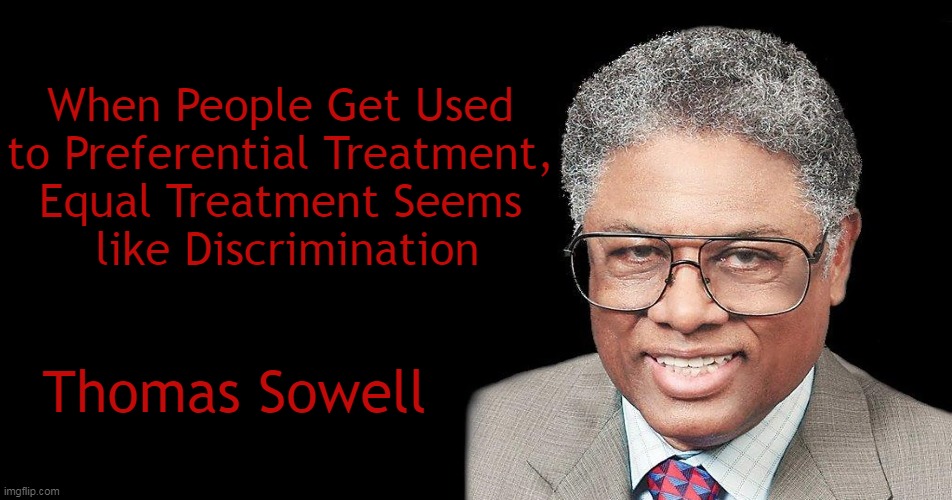Origin (2023)
Director: Ava Duverney
(Based on the book, 'Caste: The Origins of Our Discontents' by Isabel Wilkerson)
It is an interesting way of looking at all the problems affecting the world today. It is blamed on caste segregation. Traditionally, we think of caste as a problem only affecting India. And Indians believe it is a system brought in by colonial masters and divided the nation to ease control. The stifling of one layer of society over the other is not just based on the colour of their skin. It is something beyond. The group at the top end of the food chain would want to maintain the status quo and keep the people beneath them forever squashed.
The writer, Isabel Wilkerson, a Pulitzer Prize winner, compared situations in three scenarios.
She looked at the black situation in America, where blacks are stereotyped as troublemakers, poor, unemployed, unemployable and criminals. The system reinforces this stereotype upon them to a level that even the blacks buy into the trope. The blacks become apologetic about how they are and make amends to be 'liked' by the oppressors, i.e. the white Americans.
The truth of the matter is that the white men brought them as slaves from Africa. Everything was alright when they were the masters and the blacks their slaves. Things became complicated when emancipation happened. The whites made it a point to retain themselves in the highest perch of the food chain. They suppressed the blacks through the preservation of the white gene pool via marriage laws, housing restrictions and educational opportunities. This continued until they occupied the unsavoury aspects of the country's statistics. Stories of police brutality, George Floyd and Trayvon Martin have become a recurrent theme.
It is not the colour of the skin of the other that matters. Look at post-WWI Germany. The wisdom of the Nazi Party thought the Jews should be made the bogeymen to make their country rise from the ashes of the First World War. Propaganda after propaganda of the Nazis made Jews the scorn of the country. Jews were identified, tagged, marked, quarantined, cursed and finally sent to incinerators, all under the law of the land.
The author then travelled to India to see how caste discrimination affects the Dalit community. Accompanied by a Dalit academician, she is told how the elitist and the ruling class suppress the Dalit community from succeeding in life. The film goes on to show how members of the low rung of society are oppressed and confined to performing menial chores that nobody wants to do. Ambedkar is featured here as the living of someone who went on to obtain a double PhD despite all the odds that worked against him to keep him down. The manner in which his society had reservations about sharing, even drinking water, even as a Government official, is stressed too. A statue of Ambedkar in Delhi is shown to be placed in a cage because the statue is constantly vandalised, suggesting to the viewers that the general public hates revering a Dalit figure even though he helped to draft the Indian Constitution. Is that the hint?
The presentation conveniently failed to inform the high number of high-performing students who could not secure a place in the local universities, all because of caste quota. To continue studying, these students and their parents must fork out high sums of money to get foreign education and possibly foreign employment. India's loss is the rest of the world's gain.
The film tries to simplify everything. The innate desire for one person to dominate over the other is inherent in all of us. It does not depend on race or ethnicity. People will find reasons to suppress others with made-up reasons. This probably goes well with critical race theorists who insist that racism is inherent in the legal institution to create and maintain social, economic, and political inequalities between whites and nonwhites, especially African Americans.
Wilkerson looks at black suppression not as a race issue but as a caste suppression. A group of people, in the USA's case, it is the Hispanics and the Blacks, are put at the bottom of the hierarchical 'caste system' through generations of oppressive laws.
google.com, pub-8936739298367050, DIRECT, f08c47fec0942fa0


























